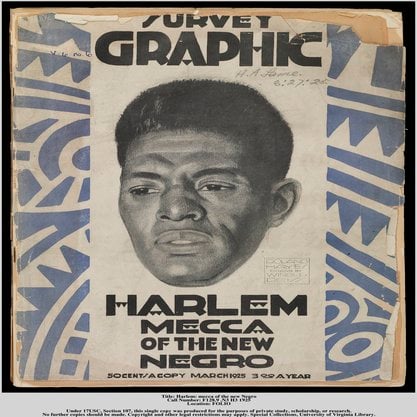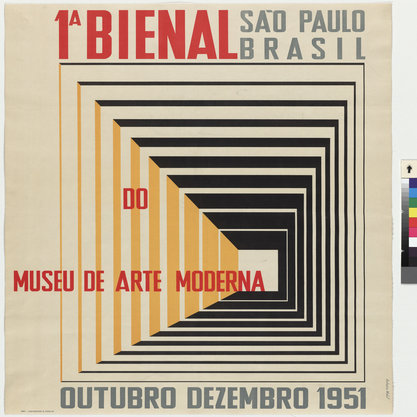Article
Populism By Pecora, Vincent P.
Article
The most salient first use of the term populism and its cognates can be found in late 19th-century Tsarist Russia. The Russian peasant Narodniki [populists] of the 1860s and 1870s (People-ism would be an apt translation of their program of Narodnichestvo [ Народничество ]) supply a good beginning point. As Eric Hobsbawm has noted, the Narodnik program, which Marx’s very late work inclined toward, “believed that the Russian village community could provide the basis of a transition to socialism without prior disintegration through capitalist development” (1964: 49–50). Marxists of the time opposed this conflation of historical phases, but this mostly peasant and Slavophilic early populism in Russia is a telling precursor of later European and American groups who turned to notions of land, regional autonomy, and ethnic/racial bonds in the service of resistance to the deracinating effects of large-scale capitalism. Later, populism was often a reaction against the liberal nation-state’s need to manage capitalism by means of an increasingly powerful and centralized administrative apparatus. This reaction, however, took several distinct paths.




